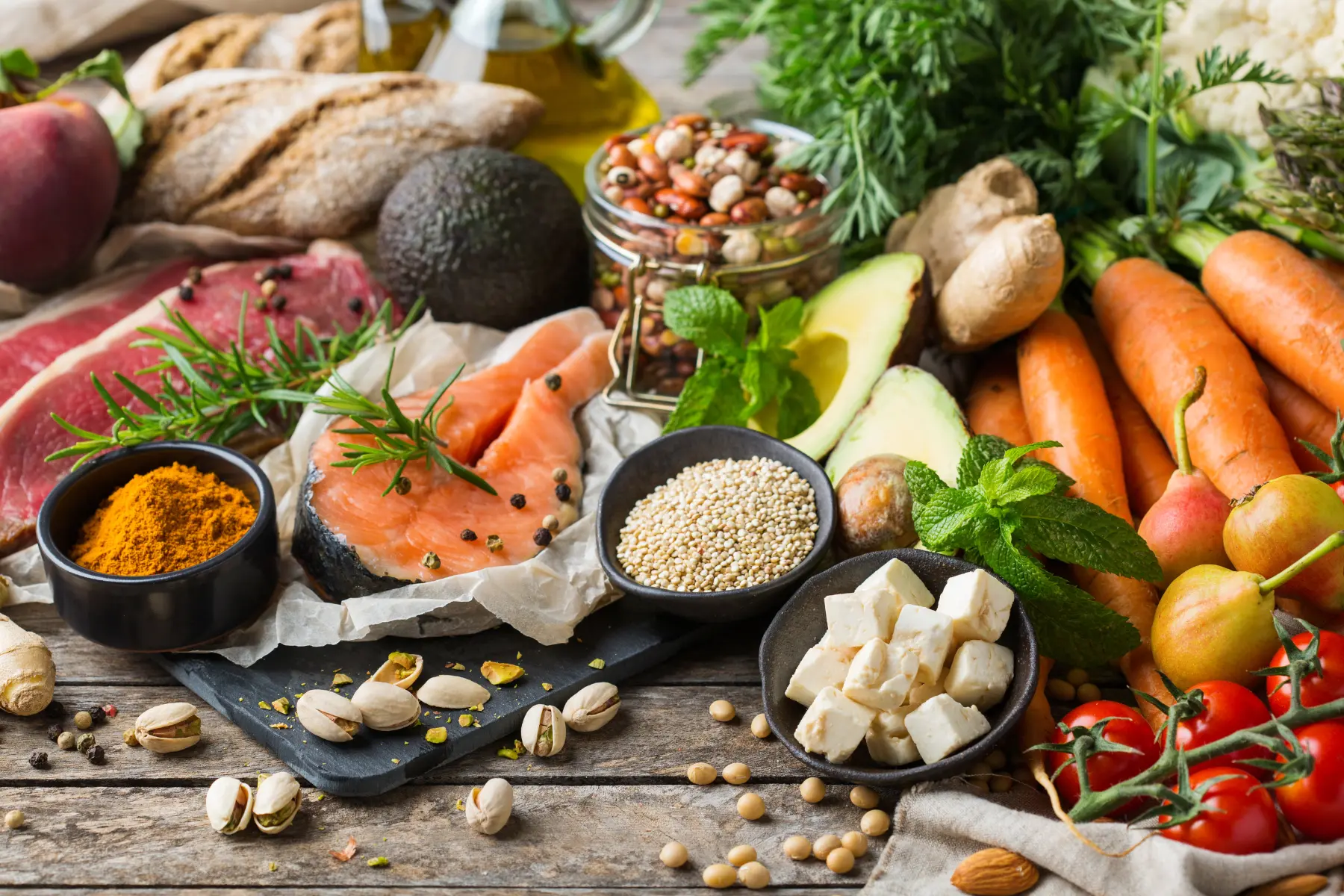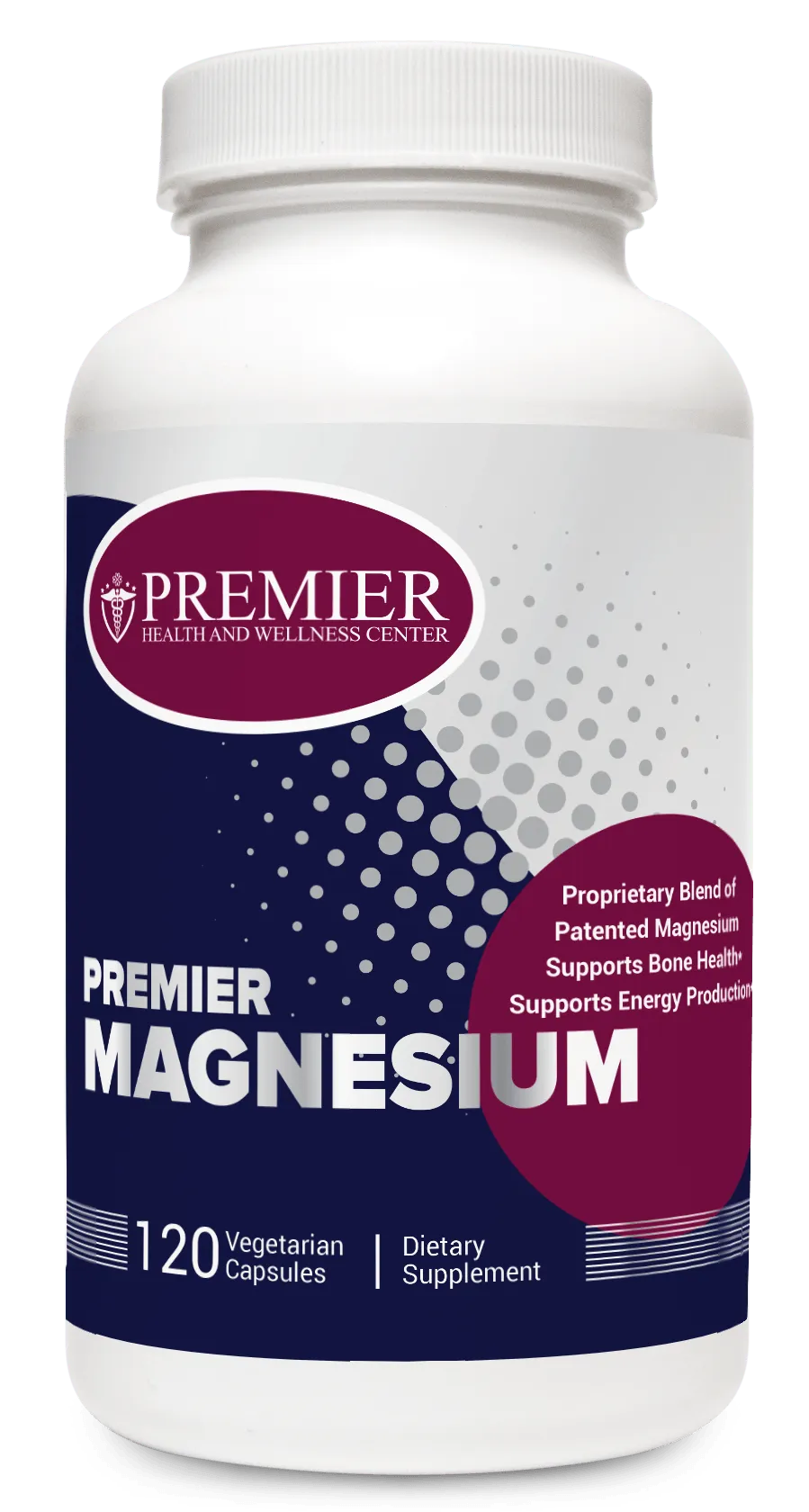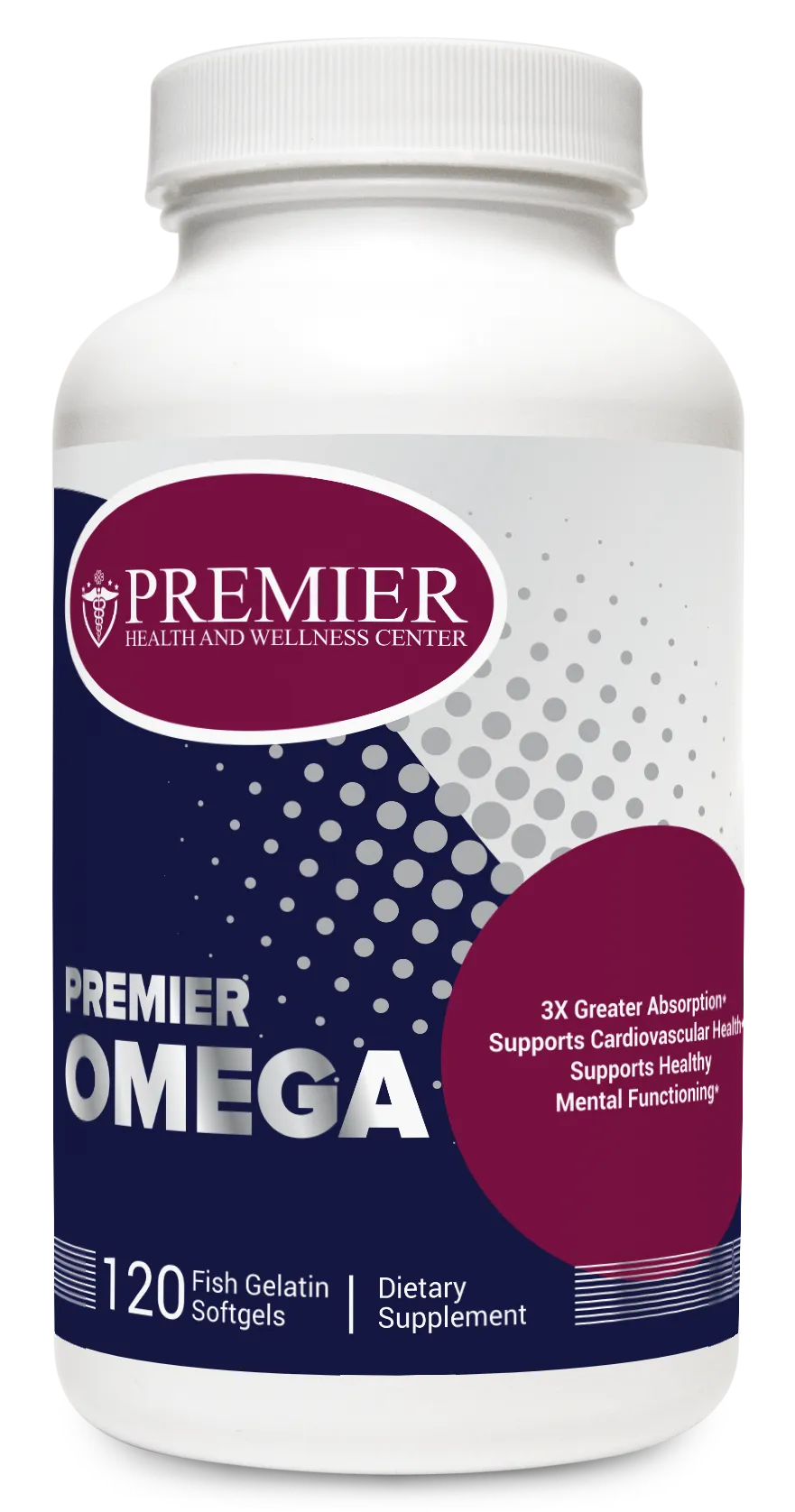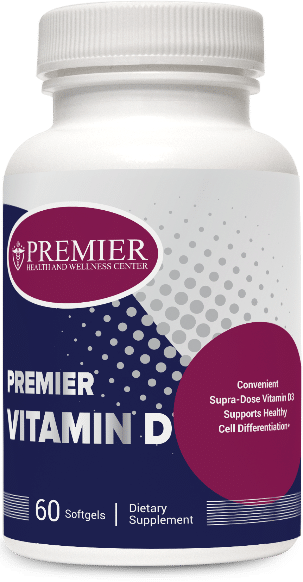Many women have been there: one moment, you’re feeling on top of the world, making plans, and feeling energized, and the next, those familiar pain start creeping in. The sudden wave of bloating, cramping, and fatigue quickly derail even your best-laid plans.
Premenstrual Syndrome, or PMS, doesn’t just affect our bodies; it can also mess with our minds and emotions. In an instant, you might feel irritable and exhausted, and the next, anxiety takes over. These symptoms are incredibly disruptive, sometimes straining relationships and making it hard to keep up with daily responsibilities. When PMS hits hard, it can feel like everything is out of control, making school or work almost impossible.
What if managing these symptoms didn’t always have to rely on medications or toughing it out? By exploring the connection between diet, supplements, and PMS, you can discover natural ways to ease your symptoms.
Want to ease PMS symptoms naturally?
Visit or Call PHWC Bermuda to Purchase High-Quality Supplements
What Causes PMS?
PMS is a combination of physical and psychological symptoms that a woman feels during the menstrual cycle’s luteal phase, typically one to two weeks before menstruation begins.
Common signs that your period is about to start are as follows:
- Bloating
- Fatigue
- Irritability
- Headaches
- Mood swings
- Lower back pain
- Breast tenderness
- Skin breakouts or acne
- Diarrhea and constipation
- Increased irritability, anxiety, or emotional sensitivity
- Mild or severe cramps in the lower abdomen and back
- Increased cravings for certain foods, especially sweets or greasy foods
During the luteal phase, your body experiences shifts in estrogen and progesterone levels. Not only do these hormones affect your reproductive system, they also interact with neurotransmitters in your brain.
Estrogen and progesterone influence serotonin levels, a neurotransmitter that regulates mood. When estrogen levels drop, serotonin levels also decrease, leading to feelings of sadness or irritability.
Additionally, your immune response becomes more active during the luteal phase, which can increase inflammation. This heightened inflammation causes headaches, joint pain, and fatigue.
While hormonal changes are the main culprits behind PMS, your lifestyle makes a big difference, too. Stress, a poor diet, not getting enough exercise, and lack of sleep worsen PMS symptoms. High stress, in particular, increases your cortisol levels—another hormone that can throw off the balance between estrogen and progesterone.
Can Certain Foods Help with PMS?
Absolutely! Foods rich in specific nutrients stabilize hormonal fluctuations that cause PMS, reducing symptoms like mood swings, bloating, and cramps.
Anti-inflammatory foods decrease the production of inflammatory chemicals in the body, lessening pain and discomfort. Eating a healthy, balanced diet also keeps your blood sugar levels steady, so you’ll avoid the energy crashes and irritability that often accompany PMS.

Best Foods for PMS
Now that we’ve established the importance of diet in managing PMS, it’s time for the more exciting part: exploring the best foods for period cramps.
Managing PMS through diet can be simple and enjoyable, involving delicious foods that easily fit into your daily routine. Here are some foods to eat during your period that make that time of the month more bearable:
1. Leafy Greens
Leafy greens like kale, spinach, and Swiss chard are high in magnesium, which helps ease muscle tension and relieve cramps. They are also rich in iron, which is crucial during menstruation to replenish the iron lost through bleeding. Enjoy them in salads, smoothies, or sautéed as a side dish.
2. Fatty Fish
Fatty fish, such as sardines, tuna, mackerel, and salmon, contain omega-3 fatty acids. These healthy fats’ anti-inflammatory properties can help reduce menstrual discomfort. Omega-3s also support overall mood, potentially easing PMS-related mood swings. Add fatty fish to your diet through grilled fillets, fish tacos, or salads.
3. Nuts and Seeds
To boost healthy fats and magnesium, incorporate nuts and seeds like almonds, walnuts, flaxseeds, and chia seeds into your diet. Magnesium lessens cramping and bloating, while healthy fats support hormonal balance. Sprinkle them on yogurt, oatmeal, or salads for an easy nutrient boost.
4. Whole Grains
Whole grains like quinoa, brown rice, and oats are high in fiber and complex carbohydrates, stabilizing blood sugar levels and reducing cravings. They also contain B vitamins that help combat fatigue and mood swings. Incorporate whole grains into your diet through grain bowls, breakfast cereals, or as a side dish to your main meals.
5. Berries
Berries like blueberries, strawberries, and raspberries are antioxidant powerhouses. They reduce inflammation and provide a sweet, healthy treat to satisfy your cravings. With their high vitamin C content, these fruits enhance your immune defenses and speed up relief from the stresses of PMS. Add berries to smoothies or yogurt, or enjoy them as a snack.
6. Dark Chocolate
Savor dark chocolate’s deep, rich taste while enjoying its nutritional benefits. Dark chocolate (with at least 70% cocoa) is high in magnesium and can boost your mood and alleviate cramps. It’s also a great source of antioxidants. Just remember, moderation is key. Enjoy a small piece of dark chocolate as a daily treat to reap its benefits without overindulging.
7. Spices
The anti-inflammatory and antispasmodic properties of turmeric, ginger, and cinnamon can reduce inflammation and ease menstrual pain. Infuse them in teas and mix with smoothies, or use them as seasoning in your dishes.
Can Supplements Ease PMS?
Certain supplements provide an extra boost to combat PMS symptoms. These supplements work in various ways, like reducing inflammation, balancing hormones, and providing essential nutrients your body may lack. Make sure to consult a healthcare professional before taking new supplements into your daily routine, especially if you have any existing health conditions or are on medications.
Best PMS Supplements
Supplements are a great addition to your diet, especially if you’re not getting enough nutrients from food alone. Below are the best supplements for premenstrual syndrome:
1. Calcium
Calcium is essential for nerve transmission, muscle function, and hormonal balance. Research suggests calcium may help reduce PMS symptoms such as mood swings, bloating, and fatigue during PMS.
2. Magnesium
Magnesium is one of the best supplements for PMS mood swings. This mineral is known for its ability to ease cramps and improve mood. It helps regulate serotonin, a neurotransmitter that affects mood. Additionally, magnesium supports muscle relaxation and reduces bloating by helping to balance fluid retention.

📞Visit or Call PHWC Bermuda to Purchase
3. Vitamin B6
The role of vitamin B6 in neurotransmitter synthesis, such as serotonin, helps to improve mood and lessen the symptoms of anxiety and depression during PMS. Taking vitamin B6 supplements may help lower the severity of PMS symptoms.
4. Omega-3 Fatty Acids
Fish oil supplements are high in omega-3 fatty acids, which are known for their anti-inflammatory properties. These fatty acids reduce menstrual cramps and improve overall well-being by lowering the production of prostaglandins, compounds that cause inflammation and pain.

📞Visit or Call PHWC Bermuda to Purchase
5. Vitamin D
Insufficient levels of Vitamin D have been found to exacerbate PMS symptoms. Vitamin D regulates calcium absorption, improves mood, and reduces menstrual pain. This vitamin is also necessary for optimal immune response and overall hormonal stability.

📞Visit or Call PHWC Bermuda to Purchase
6. Chasteberry (Vitex)
Some women have been using chasteberry or Vitex to relieve symptoms of PMS, including breast tenderness, bloating, and irritability. It may help regulate hormone levels, particularly by increasing progesterone production.
Lifestyle Changes to Complement Diet and Supplements
Besides changing your diet and taking supplements, these lifestyle tweaks also help lessen your struggle with PMS:
- Exercise relieves PMS symptoms such as mood swings, body pain, fatigue, and water retention. Physical activities don’t have to be strenuous. You can do aerobic activities, yoga, or even stretching. Aim for at least half an hour of moderate exercise most days of the week.
- Stress makes PMS symptoms worse, so finding ways to relax is essential. Try deep breathing exercises, mindfulness, or meditation to control your stress and stabilize your mood.
- Getting enough rest is crucial for hormone balance and overall well-being. Aim for a solid seven to nine hours of sleep each night to help your body rejuvenate and ease PMS symptoms.
- Drink at least eight glasses of water daily to avoid bloating and dehydration. When you’re dehydrated, you’re more likely to experience headaches, muscle cramps, and fatigue. Try to limit caffeine and alcohol, as they can worsen PMS symptoms. Caffeine raises stress hormones like cortisol, leading to increased anxiety and irritability. Alcohol can cause fluid retention, intensifying PMS symptoms.
Take Control of PMS!
PMS is a normal biological process, and it’s only fitting to address it through natural means, which also happens to be some of the best ways to ease its symptoms. Opting for nutritious foods, taking helpful supplements, and making lifestyle adjustments give your body the boost it needs to heal itself.
However, if your symptoms are severe or significantly impact your daily activities, do not hesitate to seek professional help. Premier Health and Wellness Center’s women’s wellness services include comprehensive assessments and individualized treatment plans to address your specific needs.
Get a consultation from PHWC Bermuda for personalized care and support for managing PMS and other women’s health issues, like menopause and infertility.
To learn more about our women’s wellness services and other healthcare services in Bermuda, dial 441-292-5111 or fill out our online form. You’re welcome to visit our Bermuda healthcare clinics at the following locations:
- Hamilton: 38 King Street, Hamilton HM12, Bermuda
- St. Georges: The Bank of Butterfield Building, 1 King’s Square St George’s Bermuda GE05
Choose PHWC for the best medical care in Bermuda. Our dedicated team ensures holistic and personalized healthcare!
Disclaimer: The information provided on this blog is intended for educational and informational purposes only. It is not a substitute for medical diagnosis, treatment, or medical advice. Consult a doctor before taking a supplement or changing your diet or exercise routine. If you notice any adverse effects from a supplement, stop taking it and get medical advice immediately.
